Please see below for the latest legislative news from NASL member Third Reading Consulting Group:
On Tuesday, House Speaker Chris Welch (D-Hillside) filed legislation allowing legislative staff to form a union and engage in collective bargaining. The bill, titled the Legislative Employee Labor Relations Act (HB 4148), comes in response to an effort to unionize by some House Democratic Caucus staffers over the last few months. Under current law, employees of the Illinois General Assembly are expressly excluded from the definition of a “person” under the Illinois Public Labor Relations Act, which regulates public-sector unions.
Democrats in the General Assembly have a long record of supporting organized labor. Last year, the General Assembly and Illinois voters approved the Workers’ Rights Amendment to the state Constitution, stating that employees “shall have the fundamental right to organize and to bargain collectively through representatives of their choosing to negotiate wages, hours, and working conditions, and to protect their economic welfare and safety at work.” Despite this, it remains unclear if the amendment retroactively applies to General Assembly staffers who are explicitly prohibited from unionizing under existing law.
A group of House Democratic staffers banded together to form the Illinois Legislative Staff Association and requested that the Speaker’s Office recognize their union. The filing of HB 4148 likely signals that Speaker Welch believes statutory changes are required to allow for legislative staff to unionize.
HB 4148 would authorize legislative staff to unionize under the jurisdiction of the Illinois Labor Relations Board. It would also create the Office of State Legislative Labor Relations to support the interests of the General Assembly in collective bargaining negotiations. It provides that legislative staff who benefit from the union may be required to pay a fair-share fee to cover their portion of collective bargaining costs, even if they choose not to join.
Speaker Welch hopes to pass the bill in the October and November veto session. With Welch’s backing, HB 4148 will likely pass the supermajority Democrat House of Representatives. Senate leadership has yet to comment on the proposed bill.

